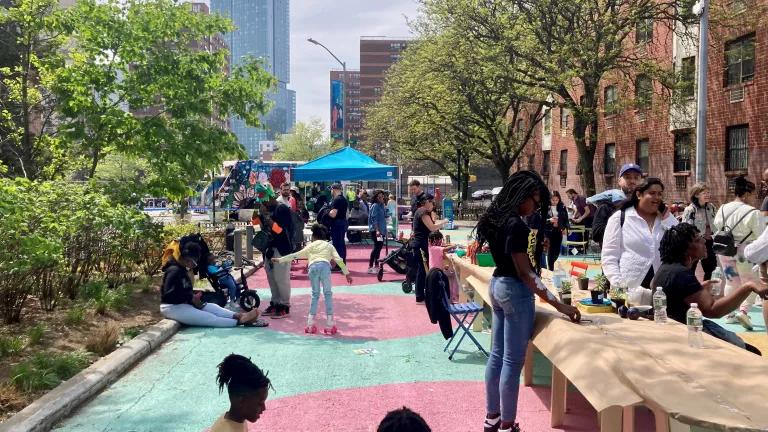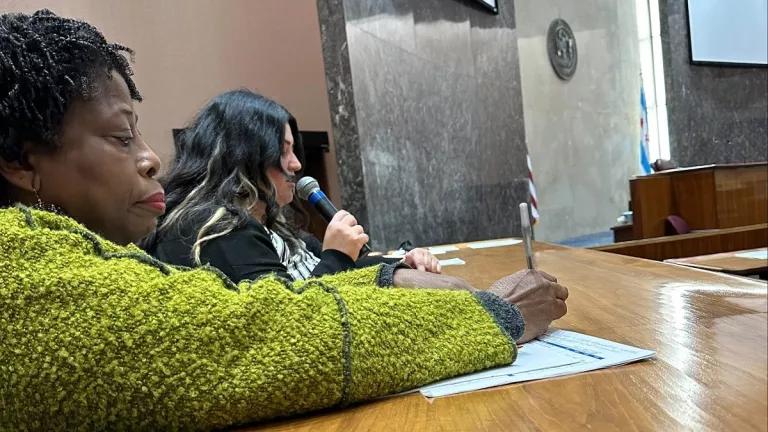Congratulations, Atlanta and Seattle!

The two cities are the first to win the Bloomberg American Cities Climate Challenge.
Atlanta and Seattle are the first two cities to be selected as part of the landmark American Cities Climate Challenge—a $70 million effort led by Bloomberg Philanthropies and the United Nations to spur climate action at a local level and work to meet the country’s Paris Agreement commitments.
With the $2.5 million grants awarded to each city, Seattle plans to improve the energy efficiency of its buildings, reduce transportation emissions through new bike programs and congestion pricing, and spur green job growth through a collaboration with the area’s colleges. “Seattle has suffered from both increasingly destructive wildfires and extreme rainstorms,” said the city’s mayor, Jenny Durkan. “Tackling climate action isn’t just about investing in the future—it’s about protecting our communities right now.”
Atlanta plans to build out its electric vehicle charging infrastructure and improve the city’s sidewalks to make the city more navigable by foot, particularly in underserved areas. “Air pollution, droughts, and adverse impacts of extreme weather are undeniable challenges that too often severely impact our most vulnerable residents–children and the elderly,” said Atlanta mayor Keisha Lance Bottoms. “With the support of Bloomberg Philanthropies, we will create a bigger, better, and more equitable future for Atlantans.”
Bloomberg Philanthropies, led by former New York mayor Michael Bloomberg in his role as the United Nations Secretary-General's Special Envoy for Climate Action, will select 20 cities in total on a rolling basis for their innovative and ambitious climate plans, with a focus on the building and transportation sectors. Once selected, the leadership cities will have access to wide-ranging resources, including financial backing and expertise from groups like NRDC, to deliver results quickly.
The challenge recognizes the unique potential of mayors as drivers of change—particularly when faced with a federal government that refuses to act. As extreme storms and soaring temperatures become more common, mayors are also often the first line of defense in keeping their cities’ safe from the impacts of climate change. Ideally, the 20 selected leadership cities will create high-impact models to be replicated in other cities across the country.
“In case after case, our cities and states are demonstrating what can be accomplished when innovation and investment join hands with political will,” wrote NRDC president Rhea Suh when the climate challenge was announced. “These and countless other programs are helping our cities contribute to a national effort to meet a global goal: shifting away from the fossil fuels that are driving climate change and toward cleaner, smarter ways to power our future.”



